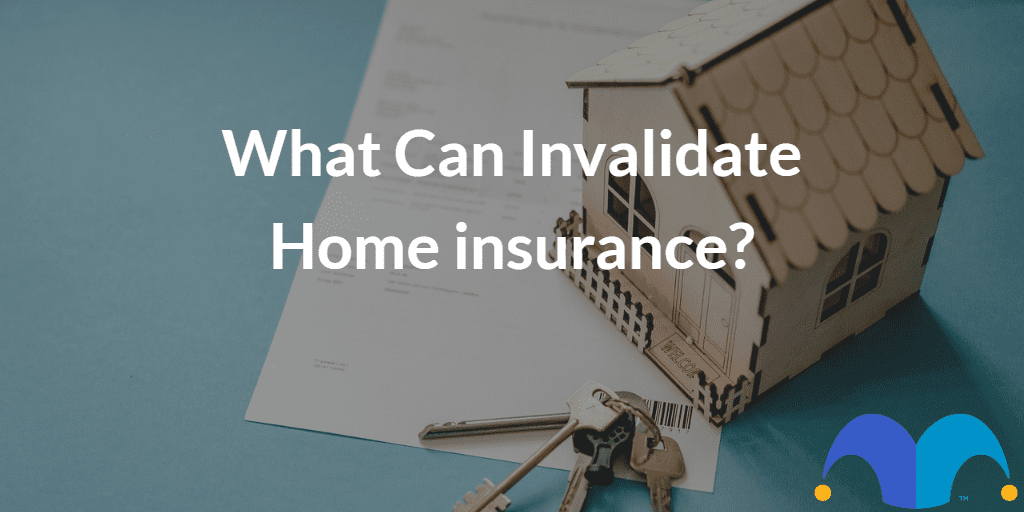Home insurance is important for protecting your home and the valuables you hold dearest to you. Anything you do to invalidate your home insurance policy could result in your home and its contents not being insured even though you have paid for cover. Here’s what you need to know.
What can invalidate your home insurance?
Home insurance policies can differ, but they have some general similarities, especially on what’s covered. It’s your job to read and understand what your policy covers and how your actions could invalidate it. That said, common ways you can invalidate your insurance include:
- Leaving your home unoccupied for a long period of time – usually around 30 days
- Failing to contact your insurer if something changes
- Failing to inform your insurer about incidents
- Using your residential property for business
- Renovating your home without telling your insurer, including small changes like adding a pet door
- Renting out a room
- Over-valuing your possessions
- Failing to carry out regular home maintenance
Does working from home invalidate your policy?
It can, but it depends. The pandemic has forced people to make changes to the way they work. Many are now working from home and have made changes to their homes to make this possible.
It’s best to let your insurer know about any changes you make to your home to help you work. If you don’t, then you may invalidate your home insurance policy. It’s wise to call your insurer to find out what will invalidate your policy, especially if you’re running a business from your home or storing stock.
However, if you’re working from home and you haven’t made any changes, then there’s likely no cause for alarm. To be sure, contact your home insurance company. Likewise, if you’re planning to make any changes to your home, then talk to your insurer first.
If your employer provides you with any equipment for work purposes, your home insurance policy may not cover it. Your employer is responsible for covering the gadget through a business insurance policy.
How can you avoid invalidating your home insurance?
The first and most straightforward tip is to read and understand the terms and conditions of your policy. And if you’re unsure about any of the details, then ask your insurer to clarify. This is how you’ll find out about actions that can invalidate your particular policy.
Secondly, always secure your home, especially when you leave it unoccupied. Invest in burglar-proof measures like reinforced security doors and windows, a security alarm and CCTV and lock away valuables such as jewellery in a secure place. If a burglar is able to break into your home despite the security measures, then report it as soon as possible to the relevant authorities and your insurer.
Lastly, don’t give false information to your insurer, especially about the value of your items, to get a cheaper premium. It’s better to compare insurance quotes so that you can get the best deal. Avoid exaggerating your losses as well. Not only will lying invalidate your policy, but it could also lead to fines or jail time.
